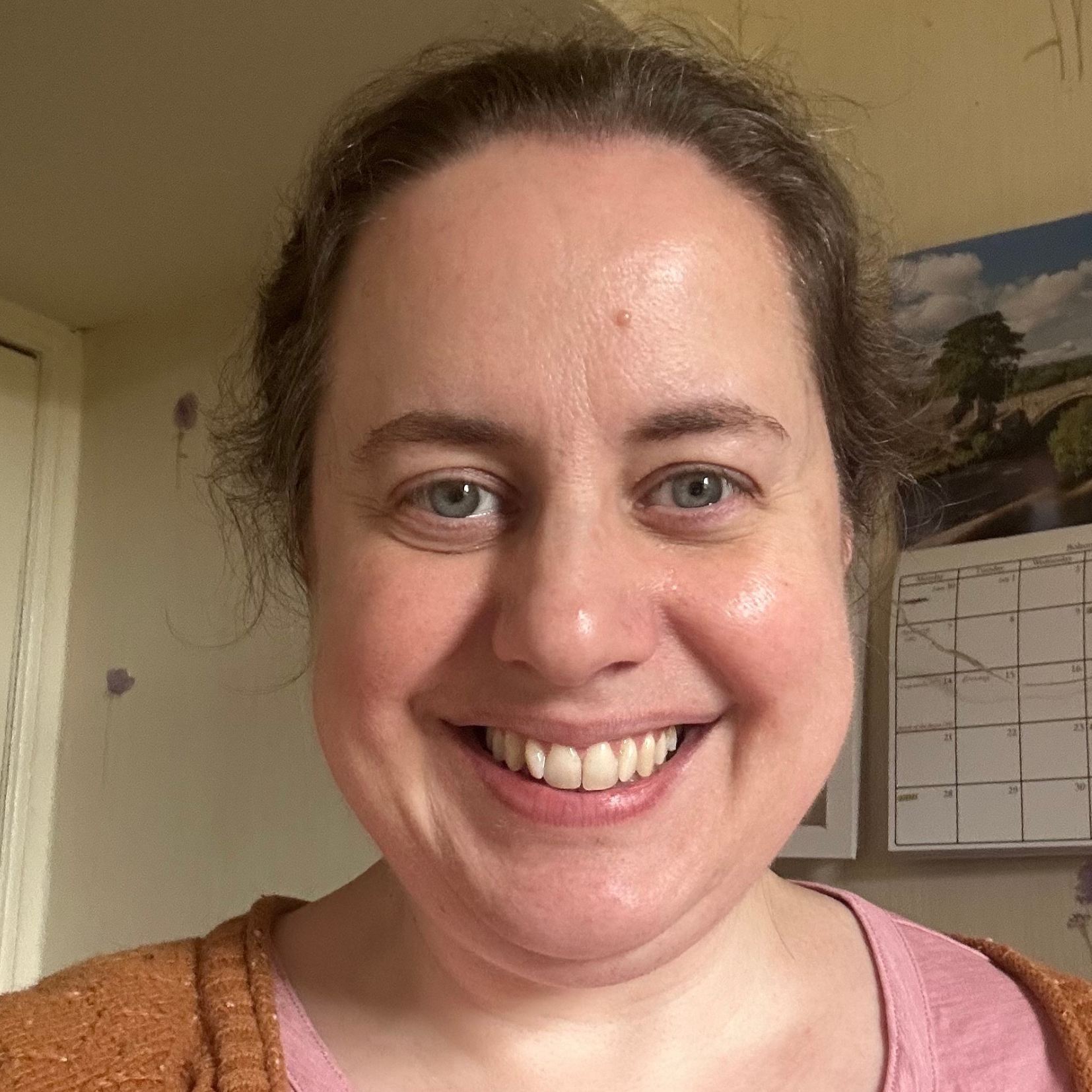Meet Rebecca Grant
What attracted you to a career in gastroenterology/hepatology?
After leaving school I studied languages at university, however when completing my MSc degree in 2007 I became unwell and was admitted to hospital and diagnosed with Crohn’s disease in December of that year. The care I received in the months (and years) that followed, along with the exposure to a hospital environment that I had never had before, stimulated an interest in medicine and led me to attend my local college to study the highers (Scottish A-level equivalents) in human biology and chemistry that I needed to apply to medical school. I graduated in pre-clinical medicine from the University of St Andrews in 2015 and then in clinical medicine from the University of Edinburgh in 2018. I maintained an interest in GI throughout medical school and was grateful to have the opportunity to do my final year elective at St Mark’s Hospital in London. I also started to become involved in research projects at the Western General Hospital in Edinburgh. I completed an FY1 job in gastroenterology at the Royal Infirmary of Edinburgh which I loved, and this gave me exposure to a wide variety of GI and liver conditions. It also confirmed for me that my interest in GI was not restricted to IBD alone, and, in other jobs which have followed, along with through participating in a number of research projects, I have developed additional interests in upper GI conditions, in endoscopy, and in GI and liver disease in patients with psychiatric conditions.
What advancement in gastroenterology/hepatology are you most excited about and why?
From an IBD perspective, the rate at which new drugs are emerging is exciting and offers patients much more hope of being able to live a close to normal quality of life – the value and peace of mind as a patient in knowing that you have more treatment options should not be underestimated. However, this increase in options comes with its own challenges, for example to identify the true value that each new drug really adds to the existing offering for patients, and to determine the most appropriate sequence of drugs for each individual.
I find the increasing role artificial intelligence in endoscopy very interesting and recently completed a short university course on machine learning to help gain some understanding of how different models are developed. I’m also currently involved with some exciting work on robot assisted capsule endoscopy which may have the potential to change how the upper GI tract is examined for many patients.
What do you enjoy most about your work?
My favourite duty in the current role that I have in GI at the Western General is reviewing patients in the admission unit with a flare of undiagnosed IBD and seeing their relief at having their symptoms taken seriously. It’s very satisfying to be able to play a part in starting to hopefully improve things for them.
I also thoroughly enjoy the opportunity to be involved in practical research and audit projects that can make a real difference to patients and local services. As part of the Edinburgh GI Audit and Research (EGAR) collaborative at the Royal Infirmary of Edinburgh we have considered how follow-up endoscopy may be tailored for patients with gastric ulcers, along with the potential role of frailty in UGI endoscopy for severe oesophagitis and in small bowel capsule endoscopy. At the Western General we have reviewed the use of a flare clinic for IBD and considered how to identify on admission patients with acute ulcerative colitis who may be at risk of not responding to IV steroids.
What is the one thing you would change?
At the moment I am working towards gaining the experience I need to be a specialty doctor in gastroenterology. Getting to this point has not been without its challenges; to help reduce the risk of a Crohn’s flare I have worked less than full time and had adjustments made to my rota. I think it would be great if there was more support available at a deanery level for doctors who have chronic health conditions to ensure that they are able to reach their full potential.
What’s the best advice you’ve been given in your career?
Don’t be afraid of asking for help!
What does being a BSG member mean to you?
I’ve been a member of the BSG since medical school and first attended the annual conference in 2019 in Glasgow. I have always found it to be a supportive community and I have been grateful for the regularly scheduled meetings that have helped me to improve my knowledge of a wide number of areas. Most recently, as a member, I was able to submit an entry to the CSSC service development prize and was delighted when my colleagues and I were awarded joint third prize for our work on the endoscopic follow-up of gastric ulcers. This has helped bring our work to a larger audience and hopefully may improve both patient and service outcomes in other parts of the UK as a result.
I certainly plan to continue to be a member of the BSG and look forward to the future learning opportunities that this will undoubtedly bring.
.png?width=1654&height=1654&ext=.png)